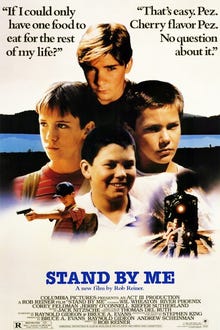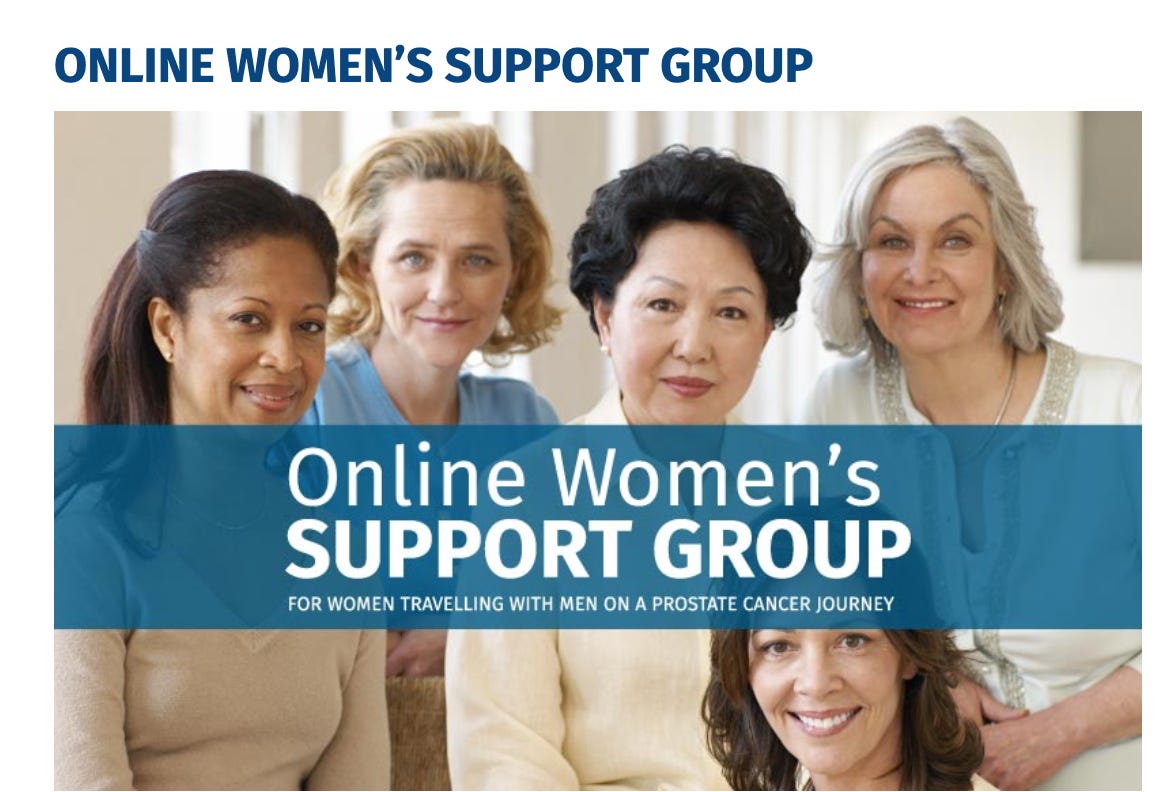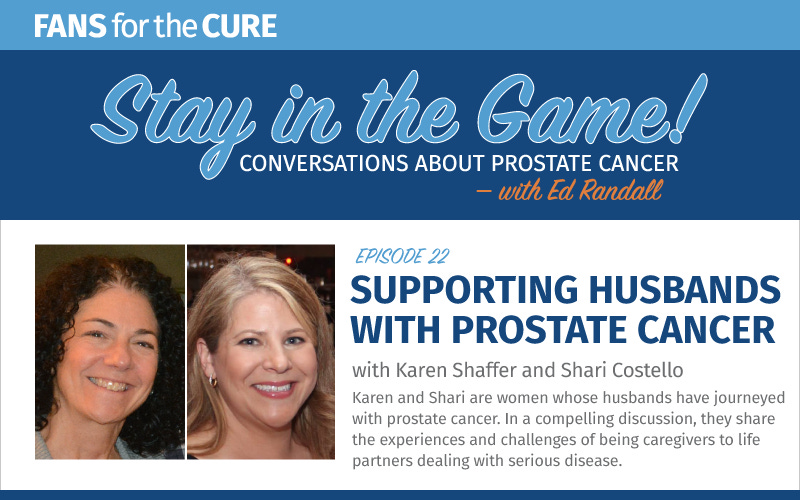Stand By Me--anthem through our generations--'60s boppers to '80s movie fans, and now caregivers in the roaring '20s
When the night has come
And the land is dark
And the moon is the only light we'll see
No, I won't be afraid
Oh, I won't be afraid
Just as long as you stand
Stand by me—Ben E. King, 1961, “Stand by Me.”
By Howard Wolinsky
American soul and R&B singer Ben E. King hit the chats with the song "Stand by Me" in 1961. He reassured us: Don’t be afraid of the dark. Stand by me.
Back then, the narrator offered support to his “darling,” whenever he or she is in trouble. The song made #4 on the charts.
The song made a comeback in 1986 to the Top Ten on the soundtrack of the movie “Stand by Me,” a story based on a Stephen King story about four youths on a coming-of-age adventure seeking the body of a missing boy.
In its latest incarnation, “Stand by Me” is the title of a book by Allison Applebaum, PhD, who has a strong personal and professional connection to the song.
Her late dad Stanley Applebaum, a storied music arranger, musician, and composer. His credits including arranging the orchestration on such hits in the early 1960s, including The Drifters' "Save the Last Dance for Me"; Ben E. King's "Spanish Harlem”; Brian Hyland's "Sealed with a Kiss"; and Neil Sedaka's "Breaking Up Is Hard to Do.” An Applebaum arrangement helped ensure the success of a song.
King’s Stand by Me is a stirring ballad offering support in our darkest times. “The memorable string line in the middle of ‘Stand By Me’ that gives the song its orchestral feel was my dad’s contribution, as were hundreds of other arrangements he did for all the top artists of the 1950s and the 1960s,” Allison wrote in her book.
The title and song has resonated in Allison’s personal and professional lives.
In her book, Allison describes her close relationship with her father, who was 60 years old when she was born. She was his caregiver as they dealt together with his diagnosis with Lewy body dementia.
Many of us have been—and certainly will be—caregivers or care partners to our parents or in-laws, spouses, sibs or friends. We do our best as our patients recuperate or die.
Applebaum had planned a different life. She wanted to be a ballerina. Sept. 11 changed that as did her dad’s declining health. She trained as PhD-level clinical psychologist, focusing on the pesonal lessons of her “me-search,” studies with a personal connection.
She is the founder of the first and only devoted Caregivers Clinic in the country at Memorial Sloan Kettering Cancer Center in New York City.
(Allison Applebaum, Ph.D., author “Stand By Me.”)
I recently interviewed Allison, who specializes in psycho-oncology, for an article I wrote for WebMD on the tremendous challenges care partners experience. My focus in the article was on prostate cancer. But the issues apply to every condition.
Caregivers against all odds hold families and friends together through emotional, financial, and every other kind of stress.
Applebaum guides readers on how to navigate the healthcare system, advanced-care planning, balancing roles and relationships, and finding meaning as a caregiver.
When my mother was dying in her mid-60s in LA from two primary cancers, one of which spread to her liver, my sibs and I all lived far away. She was a very sick patient but at the same time also was a caregiver, teaching my father how to cook, directing him to purchase burial plots, and preparing him for the inevitable, horrible death.
Fortunately, my mother had my dad plus her close friend, Sonia, who were her caregivers. Sonia was an expert on survivorship. She was a Holocaust survivor from Poland.
As her health fell apart, my mother couldn’t speak for herself, but Sonia urged me to talk to her on the phone to offer support. ”She can hear you,” Sonia assured me. She stood my mom until the end.
We should all have such caregivers when we need them.
I was shocked but understood when Allison described the stresses caregivers experience often can be worse than that experienced by patients for whom they care.
As an example, she cited one study that showed that six years after treatment for cancer, 20% of patients and 36% of caregivers had possible post-traumatic stress disorder. The patients in the study had a variety of cancers, including prostate, breast, and kidney. Other research has showed that depression and other emotional issues can be more common in caregivers than in the patients.
Who cares for the caregivers? Often no one. Allison said after an intense period of caregiving, it’s not unusual for a caregiver’s health to worsen, for example, from diabetes or high blood pressure. Caregiving can be especially hard on care partners in their mid-70s or older, who already have health issues of issues.
Allison noted, “Caregivers are an essential extension of the healthcare team.” But they are underappreciated, untrained, and unpaid.
Of her own experience, she said: “My responsibilities, like most caregivers, were vast. My presence too often meant the difference between life and death for my dad, and it always meant a difference in quality of life for my dad.”
The caregiver conveys the patient’s “personhood” to the healthcare team, she said.
In her book, Allison shares advice and also questions caregivers need to answer to properly look after the patient.
One day, odds are, you’ll be a caregiver, if you aren’t already.
“Stand By Me,” the book, is an essential tool that can help caregivers manage this profound life-changing responsibility.
Caregiving is one the of the biggest gifts we can give to our loved ones in the worst times of their and our lives. Be sure to take care of yourselves when times are tough, as we need to stand by each other.
The song, “Stand By Me,” also can provide courage and strength in our struggles.
If the sky that we look upon
Should tumble and fall
Or the mountain should crumble to the sea
I won't cry, I won't cry
No, I won't shed a tear
Just as long as you stand
Stand by me—Ben E. King, “Stand By Me.”
Support for caregivers in peer-support groups
By Howard Wolinsky
You’re not alone. As a caregiver, you can get help yourself to protect your physical and mental health and pick up survival tips fom other caregivers in support groups.
Peer-support groups most likely are out there to help you, patient or care partner, whatever the condition.
Allison Applebaum, PhD, a psycho-oncologist at Memorial Sloan Kettering in New York and author of the book, “Stand By Me,” told me: “There may not be a targeted support service available, but there are many support venues out there for caregivers.”
She said a great place to start is for a caregiver to ask a social worker or nurse associated with their care partner's medical team for support. “That person can usually provide them with guidance and where to go to get support. I strongly encourage seeking support when caregivers are distressed. Nobody should have to go through this without support.
“I think there are many support groups out there as well that can be beneficial for caregivers so they can feel less alone in the journey. And then I think -- and I talk a lot about this in my book, but the importance of open communication, open, vulnerable, honest dialogue between patients and caregivers about illness, about treatment, about what patients goals of care are, what is important to them and the ways in which an illness might be impacting a patient caregiver. And in this case, a husband/wife, for example. And to really have some open conversation about that.”
Since we focus on prostate cancer in TheActiveSurveillor.com, I’m going to share contcacts for a couple of support groups aimed at caregivers for patients with prostate cancer. Let me know if you know of others.
AnCan Foundation’s Cancer Caregivers focuses on the partners of patients with Stage 3 and 4 advanced cancer, which can take severe emotional tolls on patient and care partner alike.
The needs of these partners are different from the partners of those of us with lower-risk prostate cancer, which can cause emotional distress but not disabling side effects.
Fans for the Cure’s Online Women’s Support Group works with all stage levels of prostate cancer. The group also produces a podcast, “Supporting Husbands with Prostate Cancer.”
Another great version of “Stand By Me” by Tracy Chapman:
Affairs of the Heart and Prostate: ASPI seminar on June 22
By Howard Wolinsky
Kevin T. McVary, MD, FACS, is a professor of urology and director of the Center of Male Health Stritch School of Medicine, Stritch School of Medicine, Loyola University Medical Center in Maywood, Illinois, outside Chicago.
McVary is a rare researcher on the heart and prostate gland and related issues.
He will be speaking at an Active Surveillance Patients webinar on Saturday, June 22, 2024, at noon Eastern. The program is entitled “Matters of the Heart—and the Prostate.”
Register here: https://zoom.us/meeting/register/tJ0rdeGtrDIpEtynJ_U3A1rpWYkiCOHRMagt
Your heart is related to your prostate on many levels.







Thank you for this post. We have featured it on page 2 of Canadian Shareable News https://canadianshareablenews.substack.com/publish/post/145747937 :-)
Excellent, profound, very helpful. Thank you.